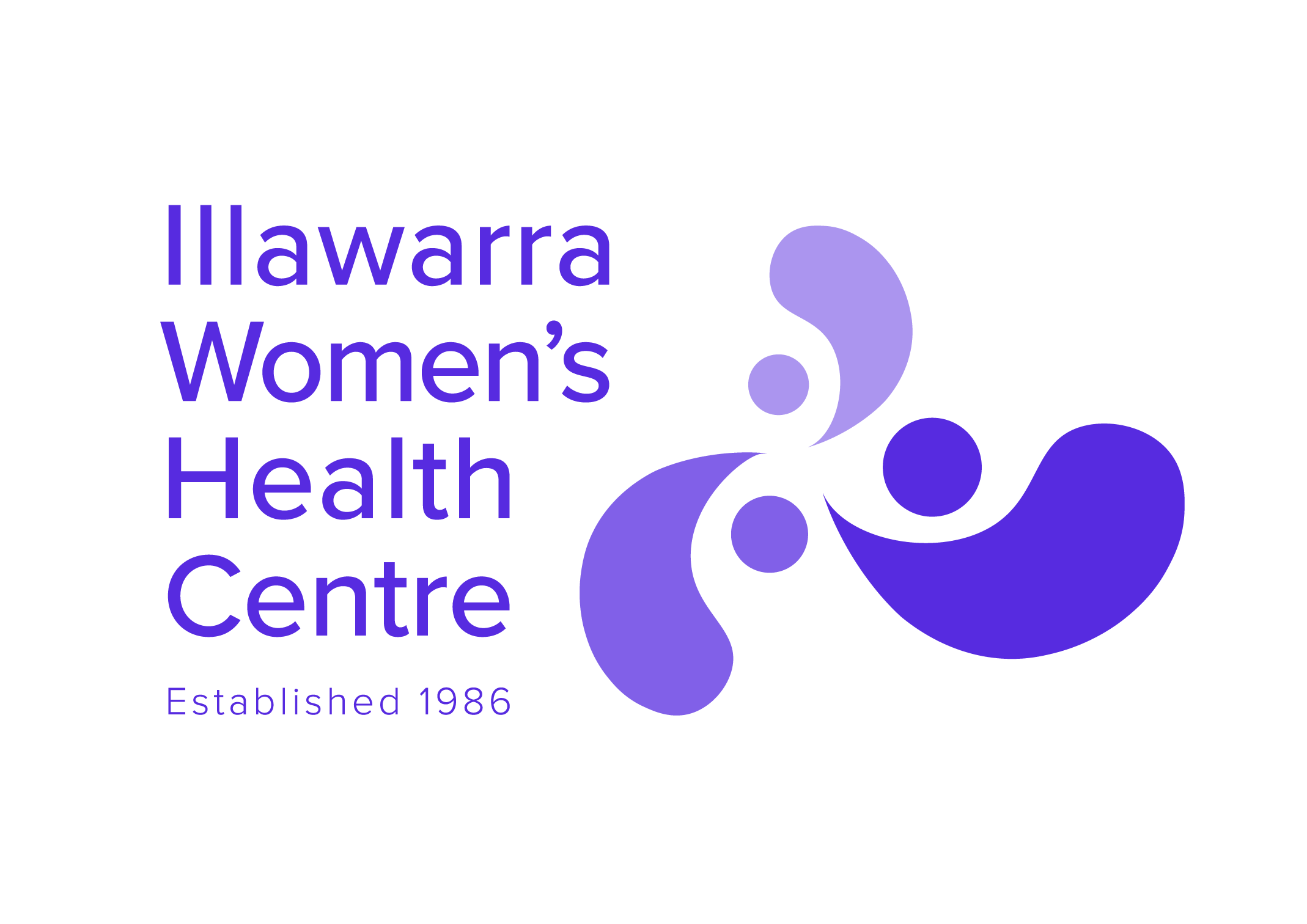The Federal Election on Saturday, May 3, gives us an important opportunity to vote for the candidates we believe will best support women and our future.
We’ve pulled together some key policies the major parties have promised to advantage women.
The information below is based on policy announcements made before April 24, 2025. Please check the party’s election websites for any changes.
You can also ask the candidates your own questions. The Illawarra Women’s Health Centre will be hosting a Candidates Forum on Tuesday, April 29 at 6.30pm at the Foundery Cafe, Port Kembla. Register here for catering purposes.
What they are prioritising for Women’s Health
The Greens
The Greens’ women’s health policy includes 12 days of paid, gender-inclusive reproductive health leave annually, free contraceptives, and public abortion care. It supports subsidised hormone therapy and improved GP resources for menopause care, along with national awareness campaigns. The plan also prioritises maternal health for First Nations families by funding five culturally appropriate Birthing on Country maternity hubs, aiming to reduce maternal and infant mortality rates and improve access to culturally safe care.
Labor
Labor committed $573.3 million to improve women’s healthcare in March, some of which will be delivered only if elected The package included adding new oral contraceptives to the Pharmaceutical Benefits Scheme (PBS) and introducing a Medicare rebate for menopause health assessments.Other measures to be implemented if Labor is successful in the election includes funding to train health professionals and support a national menopause awareness campaign. Labor also promises to establish 11 new endometriosis and pelvic pain clinics nationwide.
Liberal Party of Australia
The Liberal Party aims to strengthen women’s health by expanding endometriosis and pelvic pain clinics and investing in cancer care, including specialist nurses for ovarian cancer patients. They propose new funding for best-practice training to help health professionals better support women facing endometriosis, menopause, and peri-menopause. A targeted review will also be conducted to ensure women receive affordable medicines and high-quality, timely healthcare tailored to their specific needs across various stages of life. Note the Liberal Party has not provided details of costings for these initiatives.
Addressing Domestic Family and Sexual Violence
The Greens
The Greens propose a $12 billion, 12-year plan to fully fund the National Plan to End Violence Against Women and Children and list six other policies to address domestic family and sexual violence. Key measures include raising the Escaping Violence Payment, expanding recovery and healing services, and making dating apps safer with a mandatory code of conduct. They also support national consent education, student safety surveys, and stronger campus oversight. Additional initiatives include a Domestic Violence Disclosure Scheme, restorative justice pilots, and better access to compensation and systemic violence research.
Labor
Labor promises to invest $100 million in crisis and transitional housing for women and children fleeing domestic and family violence, as well as older women on low incomes at risk of homelessness. The funding aims to provide safe, stable accommodation options to support women in vulnerable circumstances during times of crisis and support them rebuild their lives with dignity and security.
Labor has also promised to prevent perpetrators from using tax and corporate systems to create coercive debts, ensuring they are held accountable when they do. The party also pledges to make perpetrators liable for social security debts incurred by victim-survivors through coercion or financial abuse and has said it will work to stop perpetrators of domestic and family violence from receiving their victim’s superannuation after death, closing loopholes that allow financial abuse to continue beyond a victim’s life.
Liberals
Leader Peter Dutton pledged a $90 million domestic violence strategy aimed at prevention, early intervention, and crisis response. Key measures include establishing a national database of domestic violence offenders for law enforcement use, and introducing new offences targeting the use of mobile phones and spyware to instill fear in victims. The plan also proposes a national child sex offender disclosure scheme, allowing parents to access information about individuals working with children.
Other policies that impact women
The Greens
The Greens propose several policies that indirectly benefit women, including boosting superannuation for low-income carers and paying super on carer payments. They aim to reduce the gender pay gap through expanded reporting requirements and support for union-led wage increases. They promise to broaden mental health support to provide free ADHD and autism assessments. The Greens also promise universal mental health care, free healthcare clinics, and Medicare-funded dental care to ease cost-of-living pressures.
Labor
Labor’s policies indirectly supporting women include a $225 million investment in 31 new and upgraded Medicare Mental Health Centres and $90 million to fund over 1,200 training places for mental health professionals and peer workers. Labor also promises to cut tax – worth up to $268 a year depending on income.
Liberals
The Liberal Party proposes allowing first-home buyers and older women to use a portion of their superannuation to help with home deposits. They also plan to permanently restoring the number of Medicare-subsidised mental health sessions from 10 to 20, enhancing access to ongoing care.
Other important information
None of the parties have committed to a full maternity service or a suite of women’s health services at Shellharbour Hospital.
We have sent candidates a copy of our Pathways to Financial Security after Economic Abuse report, which was launched on Wednesday, April 16. We look forward to asking them what recommendations they will support.


